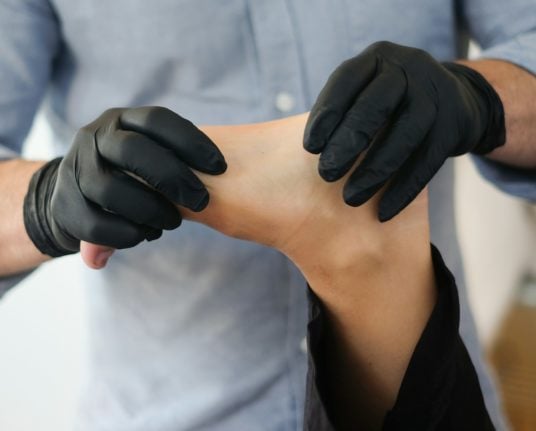NOTE: On Sunday, January 17th, Austria announced it would be extending the lockdown – including school closures – until February 7th. More information is available here.
The announcement was made by Austria's Education Minister Heinz Faßmann on Wednesday, January 13th.
Currently, face-to-face lessons are set to start again on Monday, January 18th, however this date has been extended by a week.
School started again in Austria on January 7th, but only through distance learning.
'Triple safety net'
In order to minimise infections, Austria has adopted a 'triple safety net' comprising of three measures to cut infection risks.
This includes requiring masks, carrying out regular testing and organising lessons in shifts.
Schools will be organised in two shifts, with half of the students coming to school on Monday and the other half on Tuesday. Parents are urged to contact specific schools for more information.
UPDATED: What does Austria's coronavirus lockdown mean for schools?
Faßmann told Austrian media that the plan is for all schools – including both compulsory schools and upper schools – to go back on the 25th of January, but that things will not look normal.
“We cannot open the doors wide on January 25th, the times are too uncertain for that.”
“We will look at who can deal more easily with a thinned-out school, possibly the older ones,” Faßmann told the Ö1 Mittagsjournal on Wednesday.
While face-to-face classes took place in December in compulsory schools, distance learning has been taking place in upper schools since the start of November.
Testing for all students
As part of the reopening plan, Austria is also set to test all students at least once a week.
Initially, the reopening plan will include testing once per week on Monday for all students.
Eventually, this will be increased to twice a week.
The Austrian government has procured five million tests at €2.70 per test to enable the school testing scheme to go ahead.
Faßmann said that while all students would be strongly encouraged to be tested, testing would not be compulsory.
More information about the testing requirement is available at the following link.
EXPLAINED: How Austria plans to test all school children to end coronavirus lockdown




 Please whitelist us to continue reading.
Please whitelist us to continue reading.
Member comments